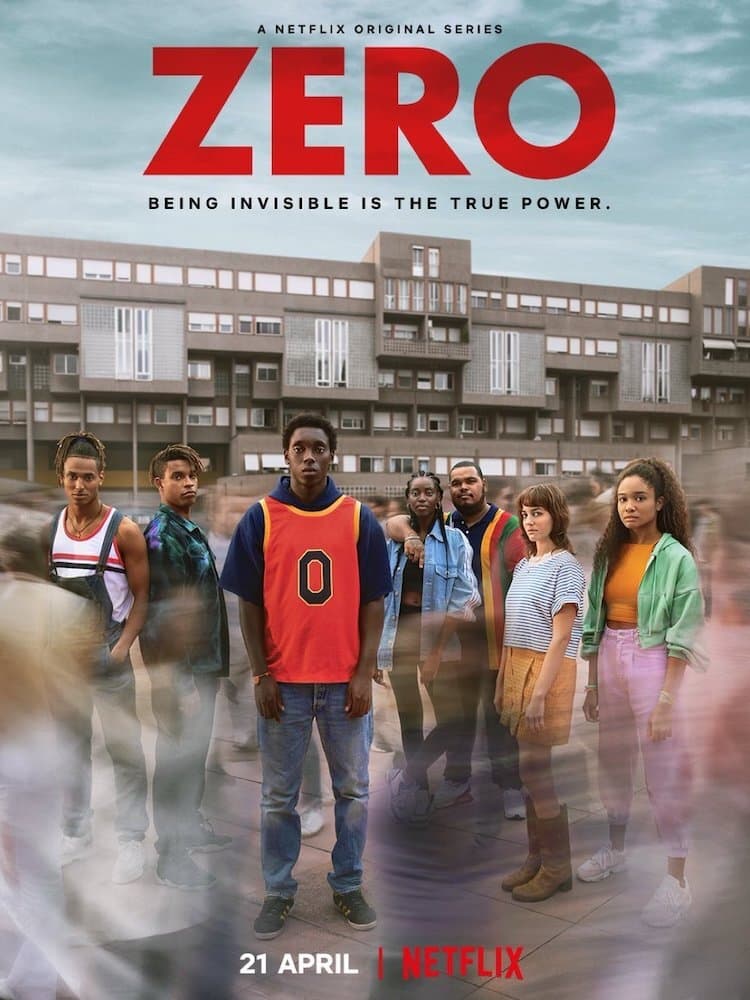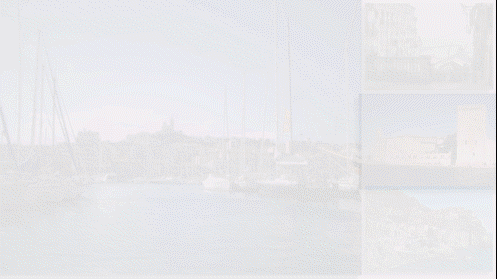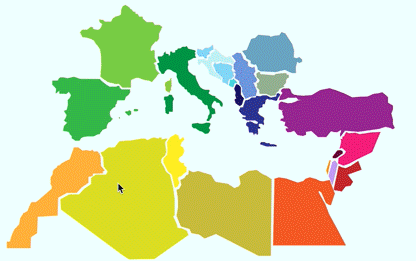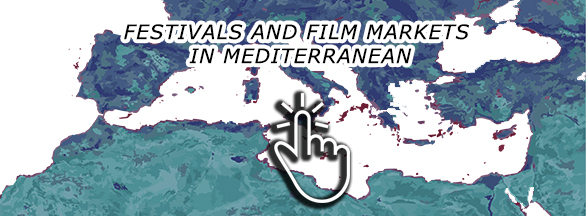“Zero”, an eight-part Italian series released on April 21st, rose straight to Netflix’s Top 10. Taken from the novel “Non ho mai avuto la mia età” (I have never been my age) by Antonio Dikele Distefano, an Italian writer of Angolan origin, the series goes beyond the themes of friendship, adolescence and love, managing to link them to issues of “diversity, inclusion, gentrification and a sense of belonging”.
At the heart of the story Omar, son of Senegalese immigrants, lives in the deprived Barrio district of Milan. As well as focussing on the younger generation of this seldom-seen neighbourhood with a cast predominantly of actors of colour, this is the first time an Italian series has cast an African in the lead.

When “social invisibility is transformed into super power”
“Omar is a young delivery man living with his father Thierno and his sister Awa in the Barrio district, on the outskirts of Milan. Because of the colour of his skin he is often assumed to be a drug dealer, a peddler, a thief…but he is none of those things. In the eyes of society, he is invisible. One day Omar discovers that this invisibility he has learned to live with can be useful: he can literally disappear at will. His friends – Sharif, Momo, Sara and Inno – persuade him to use this gift for a good cause: he must save their much loved neighbourhood, the Barrio, from acts of vandalism and then from unscrupulous property developers who want to move people out of the area so they can build new luxury homes. And so Omar becomes Zero, and passes from being an invisible nobody to a hero – thanks to his invisibility.”
A new look at immigration and social insertion in Italy
Immigration and social insertion have been at the heart of Italian politics for several years. The far-right government of Matteo Salvini “made the suppression of immigration his priority”, creating harsher measures in 2019 with “security decrees”. A report by the Carta di Roma association warned about the consequences of these policies, invoking “the increasingly heavy climate of hostility and fear” in the political and media sphere. Since then there’s been a change of direction and rhetoric in Italy.
The new Interior Minister, Luciana Lamorgese, has taken a more humanist approach, decriminalizing those who help refugees. By highlighting this “invisible” immigration, “Zero” makes viewers aware of this social issue.
For more information on the audiovisual news in Italy, click here.
Sources: cineuropa.org, leparisien.fr, forbes.com, leparisien.fr, francetvinfo.fr , liberties.eu







